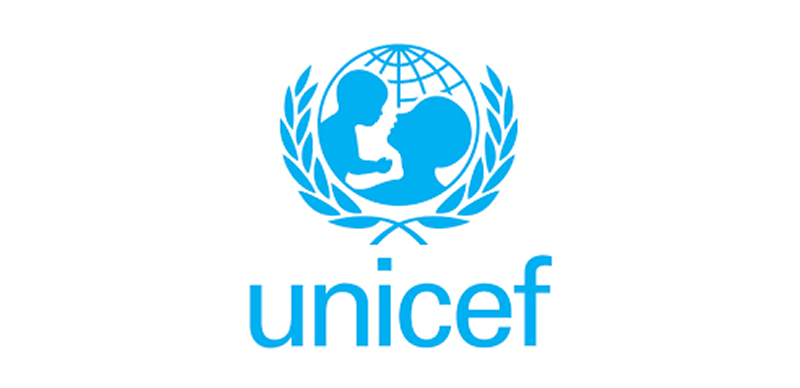Paragraph 1: The Crisis and the Response
Nigeria’s northeastern region, encompassing Borno, Adamawa, and Yobe (BAY) states, has been grappling with a protracted humanitarian crisis stemming from protracted conflict and displacement. This crisis has had a devastating impact on the education sector, leaving countless children out of school and jeopardizing their futures. In response to this dire situation, the United Nations Children’s Fund (UNICEF), in collaboration with Education Cannot Wait (ECW), has launched a significant education intervention aimed at revitalizing learning opportunities for children in these affected states. This multi-year resilience program represents a crucial step towards rebuilding the education system and ensuring that children have access to quality learning, regardless of their circumstances.
Paragraph 2: Building on Past Successes: The Multi-Year Resilience Education Programme
The newly launched program represents the second phase of the Multi-Year Resilience Education Programme, a collaborative effort between UNICEF and ECW. The initial phase of this program surpassed expectations, reaching over 530,000 marginalized children, significantly exceeding the initial target of 170,000. This success underscored the critical need for continued investment in education within the region and laid the groundwork for the expanded scope of the second phase. Building upon the lessons learned and the progress achieved, the second phase aims to reach even more children and address critical gaps in the education system. The $50 million investment for this phase represents a substantial commitment to providing quality education and fostering resilience among the children of the BAY states.
Paragraph 3: Reaching the Most Vulnerable: Targeted Interventions
The second phase of the Multi-Year Resilience Education Programme targets at least 130,000 students across Borno, Adamawa, and Yobe states. However, its impact goes beyond simply increasing enrollment numbers. The program adopts a comprehensive approach, focusing on specific interventions designed to address the unique challenges faced by different groups of children. This includes a strong emphasis on supporting girls’ education, recognizing the particular barriers they often encounter in accessing learning opportunities. The program also prioritizes children with special needs, ensuring that they receive the tailored support and resources necessary to participate fully in education. Furthermore, recognizing the pivotal role of teachers in delivering quality education, the program invests in teacher training and development to enhance their skills and capacity.
Paragraph 4: A Comprehensive and Coordinated Approach: Collaboration and Alignment
The Multi-Year Resilience Education Programme is not an isolated initiative but rather a carefully coordinated effort aligned with broader national education strategies. The program is designed to work in harmony with the Federal Ministry of Education’s 2024–2027 roadmap, a strategic plan that outlines key priorities and actions for improving education across Nigeria. This alignment ensures that the program’s interventions complement and reinforce national efforts to enhance access to quality learning and achieve global education goals. The collaboration between UNICEF, ECW, the Federal Ministry of Education, and the state governments demonstrates a shared commitment to strengthening the education system and ensuring that all children in the BAY states have the opportunity to learn and thrive.
Paragraph 5: Empowering Local Ownership and Sustainability: State Government Collaboration
The success of the Multi-Year Resilience Education Programme hinges on strong partnerships and local ownership. The program actively engages with state governments, recognizing their crucial role in implementing and sustaining educational initiatives. The commitment expressed by the Borno State Commissioner for Education, Abba Wakilbe, highlights the strong support and collaboration from the state level. This partnership ensures that the program is tailored to the specific needs and contexts of each state and that local authorities are actively involved in its implementation. This collaborative approach not only enhances the effectiveness of the program but also helps to build local capacity and ensure its long-term sustainability.
Paragraph 6: Looking Ahead: A Brighter Future Through Education
The launch of the second phase of the Multi-Year Resilience Education Programme marks a significant milestone in the ongoing efforts to rebuild and strengthen education in Nigeria’s northeastern region. The program’s comprehensive approach, targeted interventions, and strong focus on collaboration hold great promise for improving the lives of children in the BAY states. By investing in education, UNICEF and its partners are not only providing children with the knowledge and skills they need to succeed but also fostering resilience, promoting social cohesion, and laying the foundation for a brighter future for the entire region. The $50 million investment represents a crucial step towards ensuring that all children, regardless of their circumstances, have the opportunity to learn, grow, and reach their full potential.














